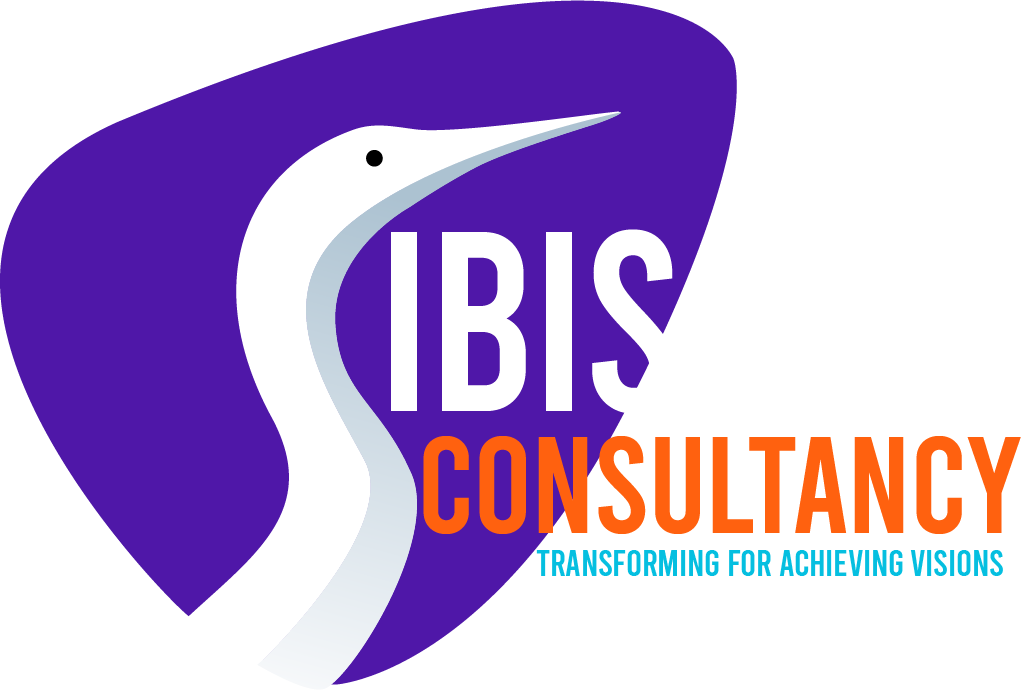Project Controls Professional Apprenticeship
IBIS Consultancy has been working with the NSAN, a skills for nuclear focused membership organisation, since this apprenticeship was commissioned to prepare the required learning materials and to support its launch into the industry. We have continued to work closely with them to deliver ongoing improvement in training, make it as relevant as possible to employers, and equip Project Control Professional apprentices to critically analyse, interpret, and evaluate technical information, ensuring they become quality professionals whose broad purpose is to ensure that multi-faceted engineering and infrastructure projects deliver successfully and safely to time, cost, and quality.
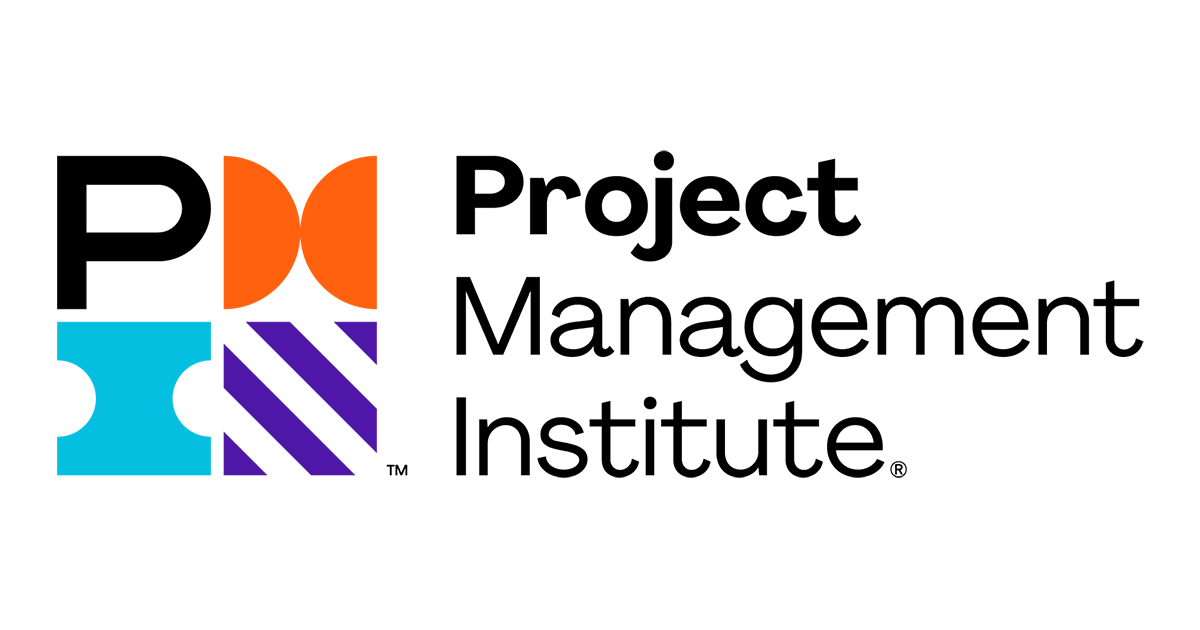
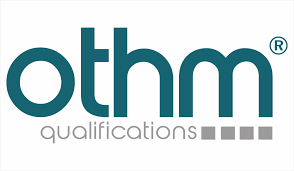
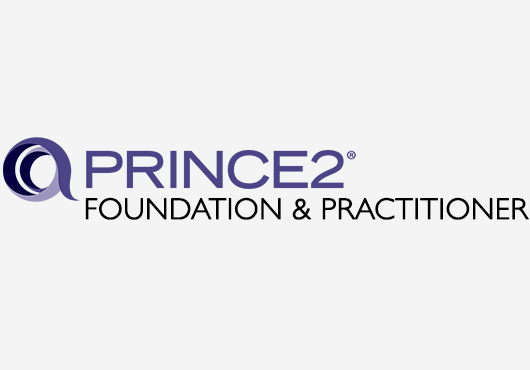
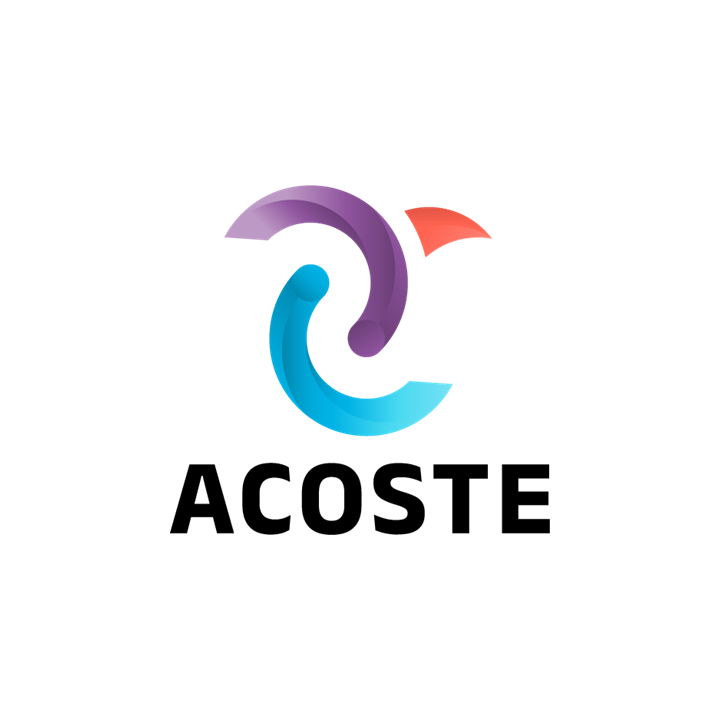
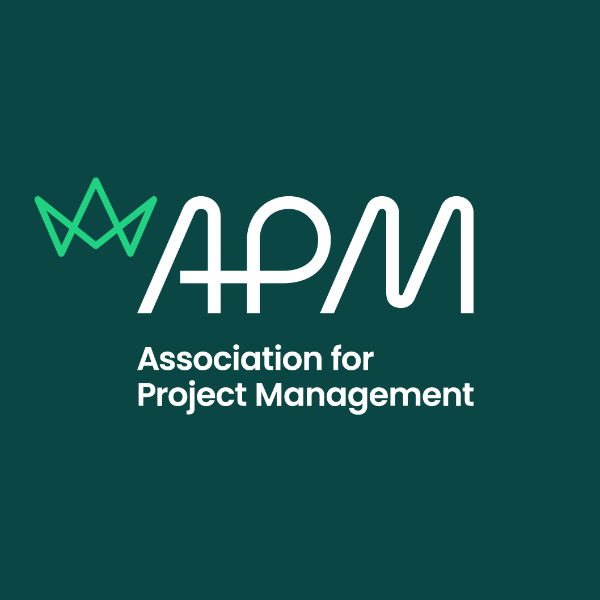

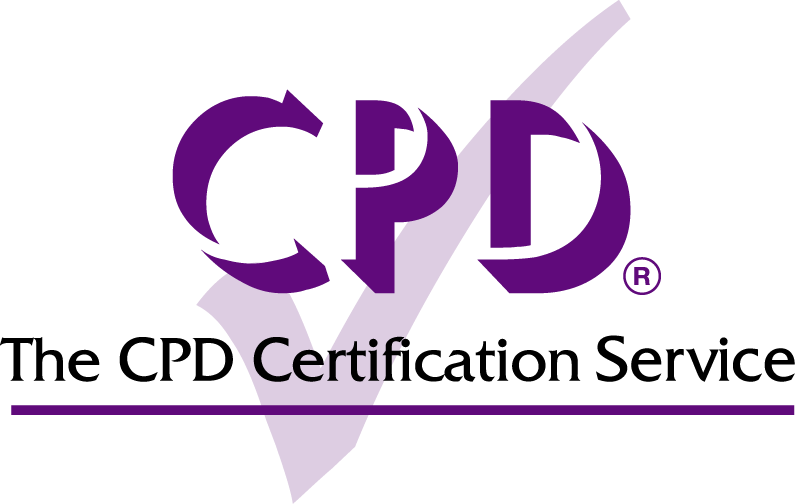
Are you ready to embark on a Dynamic Career Path to unlock your Potential?
- The journey begins with enticing entry-level salaries, starting at a competitive £35,000 per year. As you hone your expertise and climb the career ladder, your earning potential blossoms, with experienced professionals commanding impressive annual salaries of up to £60,000. These figures, sourced from reputable platforms like Talent.com and Salary.com.
- Payscale reports that the average salary is slightly lower at £42,000, with a range from £35,000 to £55,000 per year (Payscale). According to Glassdoor, the average salary is higher, at £48,000 per year (Glassdoor).
- In bustling metropolises like London, Project Control Professionals enjoy salaries that soar 10% above the national average, reflecting the high demand for their expertise. Meanwhile, in vibrant cities such as Manchester and Birmingham, salaries remain competitive, offering a diverse array of opportunities for professionals seeking to make their mark.
In the UK, some of the main employers for Project Control Professional include:
- BAE Systems
- Jacobs Engineering Group
- AECOM
- Costain Group
- Rolls-Royce
- Turner & Townsend
- Deloitte
- Thales
Face to face
Lecturers meetings
Meeting lecturers face-to-face in addition to recorded sessions is crucial in a market research course for the following reasons:
- Clarification and Interaction: It allows for immediate clarification of complex concepts and fosters interactive discussions, enhancing understanding.
- Personalized Feedback: Face-to-face meetings enable lecturers to provide tailored feedback and guidance based on individual student needs and progress.
- Networking and Engagement: Direct interaction helps build rapport with lecturers and peers, leading to valuable networking opportunities and a more engaging learning environment.
- Weekly 1:1 online support
- Monthly face to face meeting in your place
- Hard and soft copy books included!
- Advanced individualized learning management system
- Progress Review Meetings with mentor
What you will get by joining our Apprenticeship programme
01
Funded Apprenticeship:
PMP, OSHA & Nebosh, ACostE (Cost Engineering), Programme Management (MSP or PgMP), PMO (P3O or PMO), Primavera & CPD Certifications.
02
Funded Scholarship:
OTHM LEVEL 7 Diploma in Project Management, has a clear work-related emphasis on Practical Skills development alongside Theoretical Fundamentals.
03
Career Prospects:
Gain expertise in organizational and business strategies, principles of project control, and project control software to secure jobs in various sectors.
How it works
The Learning phase
- Apprentices will meet with a tutor monthly to learn the course curriculum. The majority of learning is conducted online allowing learners to meet other apprentices and network
- Apprentices must take 6 hours a week out of their normal contracted hours to engage in study and learning time
- Learners must be in the learning stage for a minimum of 12 months and a day. During their time on the learning programme, they will learn key Knowledge, Skills and Behaviours, and build a portfolio of evidence as they go to prove that they have attained the level of capability required
- Project Planner
- Cost Engineer
- Project Analyst
- Project Control Coordinator
- Project Controller
- Programme Manager
- Project Engineer
- Product Analyst
The Assessment phase
- Once their portfolio is complete, the learner will go to a stage called “Gateway“ which is the start of their assessment period (for this course, that assessment period lasts for 3-4 months).
- During the first 3 months of the assessment period, the apprentice must carry out a real project at work to apply their learned Knowledge, Skills and Behaviours, then produce and submit a project report and presentation.
- Following their submission and around 2-4 weeks later, the apprentice will meet with an external assessor (usually online), deliver their presentation and discuss their project and portfolio of evidence.
- Gateway Stage
- Project Execution
- Project Report and Presentation
- End-point Assessment Meeting
Enhance Your Career with Specialized Training
- Master the fundamentals of project planning and scheduling.
- Develop skills to manage project costs within agreed budgets.
- Implement strategies for effective risk management to minimize threats and seize opportunities.
- Gain proficiency in defining and managing project resources, including personnel, equipment, and materials.
- Learn advanced project control procedures and lifecycle management.
- Utilize project control software for efficient project tracking and reporting.
- Apply critical path method (CPM) and resource leveling techniques to optimize project schedules.
- Understand and execute effective inventory management using information systems.
- Develop integrated plans to support comprehensive project management.
- Enhance your ability to respond to project issues effectively, ensuring smooth project execution and management.
- Create and maintain accurate project control baselines.
- Conduct detailed cost and schedule risk analyses.
- Establish robust reporting frameworks to deliver meaningful project controls data.
- Ensure project compliance with health, safety, and environmental standards.
- Apply continuous improvement techniques to refine project control processes.
Course Structure:
First Year : Project Control Foundations
Embark on your journey of Continuing Professional Development (CPD) with a diverse array of courses tailored to enhance your expertise. A minimum commitment of 24 CPD hours is required to complete the programme. Participants must enrol in at least one course from the Operations Management category and complete all courses within the Project Planning category. For the remaining hours, you have the freedom to choose from a rich selection within the CPD library, allowing you to tailor your learning experience to meet the full 24-hour requirement. This structured yet flexible approach ensures a comprehensive enhancement of your professional skills
| Course | Hrs | Knowledge | Skills | Behaviour |
| Project Development and Testing Certification | 2.5 | K2, K4, K14 | S2, S3, S13 | B5, B6 |
| Master Planning Certification | 1 | K8, K22, K23 | S7, S20, S22 | B4, B11 |
| Project Preparation Certification | 2.5 | K3, K12, K17 | S1, S12, S18 | B7 |
| Project Design Certification | 2.5 | K5, K6, K24 | S4, S5, S23 | B9 |
| Project Management Foundation (Small Projects) Certification | .75 | K1, K7, K11 | S6, S11, S14 | B2, B8 |
| Budgeting Basics Certification | 1.5 | K19, K25 | S19, S24, S25 | |
| Operations Management | ||||
| Operations Management Certification Level 2 | 14 | K13, K16, K18 | S14, S15, S16 | B3 |
| Construction Management Certification Level 1-3 | 15 | K9, K10, K15 | S9, S10, S27 | B1 |
| Warehouse and Transport Management Certification | 5 | K21, K26 | S17, S21 | B5 |
- Project Management Professional (PMP): PMP is a globally recognised certification in project management. It is extensively utilised by multinational organisations, particularly within the sectors of IT, consultancy, commerce, research and development, and business-oriented projects
- PRINCE2 Practitioner: PRINCE 2 is a European Certification in Project Management, aligned with the Axelos framework. It is commonly used for administrative projects.
- APM Project Professional: It is European Accreditation in Project Management. This is common in the public sector and construction industry
The OTHM Level 7 module in Planning, Controlling, and Leading Projects is vital for mastering project management, particularly as more firms prioritize project-based work. This course equips students with an understanding of the roles, responsibilities, and management skills necessary for successful project leadership.
It thoroughly covers the principles of project management, aligning them with business goals in diverse environments and stressing practical application alongside theoretical learning. Students progress from designing project initiation systems to developing comprehensive management and communication plans, addressing stakeholder needs, and refining project strategies.
Key areas such as leadership theories, financial planning, feasibility analysis, and resource estimation are integrated to enhance hands-on learning. The curriculum also emphasizes the importance of effective communication and robust monitoring systems to manage risks, control project timelines, and optimize stakeholder involvement. Ultimately, the course concludes with project closure and review processes, teaching students to evaluate and learn from each project's outcomes for continual improvement in their project management practices.
This 40-hour module is expertly crafted to meet the rigorous standards set by ACostE and PMI-SP, offering a specialised pathway to the PMI Scheduling Professional (PMI-SP)® certification. Designed for those who orchestrate project timelines, this certification recognises the complex skill set needed to steer projects to timely completion, aligning closely with strategic business objectives. Candidates will traverse through essential domains such as Schedule Strategy, Planning and Development, Monitoring, Controlling, Closeout, and Stakeholder Communications Management. These areas collectively ensure that from the outset to the conclusion of a project, every phase is meticulously planned and executed.
The certification not only focuses on the mechanics of scheduling but also embeds robust configuration management aligned with best practices and organizational standards. It advocates for a tailored scheduling approach, responsive to project-specific nuances and broader environmental influences, enhancing standardization and efficacy across projects. Furthermore, it integrates scheduling with other project management facets and underscores the importance of team involvement and education in scheduling processes. This holistic approach elevates the role of scheduling within project management, fostering a collaborative and well-informed project atmosphere.
Choose any 1 of these software that suits best for your workplace: Primavera/ Microsoft Project/ Jira/ Monday
MS Project Elevate your project management skills with our Microsoft Project training! Unlock your team's full potential and streamline processes through expert-led courses, ensuring mastery of MS Project's powerful tools for effective planning, tracking, and execution of projects. Transform your project management capabilities today!
Primavera
Unlock the Power of Primavera for Seamless Project Management! Supercharge your project management capabilities and achieve unparalleled success with our comprehensive Primavera training courses! Our expert-led training will equip you with the skills and knowledge needed to harness the full potential of Primavera, ensuring efficient project planning, execution, and control.Jira
Elevate Your Project Management with Jira Training! Unlock the full potential of Jira and streamline your project management processes with our specialized training courses! Our expertled training equips you with the skills and knowledge to optimize Jira for efficient project planning, tracking, and collaboration, ensuring project success.Monday
Equip learners with essential skills to effectively utilize Monday.com, enhancing team productivity and collaboration. Through hands-on, contextual examples, participants will master navigation, project management, communication, automation, integrations, and advanced features, ensuring they can leverage the platform's full potential for streamlined workflows.AMPLIFY
Enhance Your Project Management with AMPLIFY Training! Boost team productivity and efficiency with our specialized courses on AMPLIFY, the innovative project management platform! Our expert-led training provides teams with the necessary skills and knowledge to utilize AMPLIFY effectively, fostering streamlined project management and improved collaboration.
Second Year : Project Contracting, procurement, Risk and Health and Safety.
The aim of the unit is to enable the student to understand the core concepts of procurement along with the importance of identifying and managing risks related to procurement and contract management. The learners will also develop a critical understanding of various legislative frameworks important for procurement and consider frameworks for risk assessment in the procurement context.
- The purpose of the Practitioner qualification is to confirm whether the candidate has achieved sufficient understanding of how to apply and tailor M_o_R in a scenario situation. A successful Practitioner candidate should, with suitable direction, be able to start applying an M_o_R approach to any organizational perspective but may not be sufficiently skilled to do this appropriately for all situations.
- The Project Management Institute (PMI)® offers a professional credential for project risk managers, known as the PMI Risk Management Professional (PMI-RMP) ®. PMI’s professional credentialing examination development processes stand apart from other project management certification examination development practices.
Certificate-based programs provide a valuable opportunity to gain specialized knowledge and skills in a relatively short amount of time, enhancing professional development and career prospects.
Choose any one that suits best for your industry: IOSH, NEBOSH, OSHA.
IOSH
Designed for a new generation of OSH professionals looking to lead as business enablers, driving change in a new world of work. The IOSH Level 6 Diploma enables future leaders to gain a business focussed understanding of how OSH best practice can help drive business benefits when embedded across an organisation wherever it operates around the world.NEBOSH
The NEBOSH International Diploma is the qualification for aspiring health and safety professionals, building directly upon the foundation of knowledge provided by the NEBOSH International General Certificate.OSHA
Equip yourself with the knowledge to create a safer workplace. OSHA Guide to Industrial Hygiene Course,
the comprehensive course provides an in-depth understanding of industrial hygiene practices, focusing on OSHA regulations and procedures.
The aim of this unit is to allow the learner to understand concepts of portfolio management and the associated features. The value of having a Project Management Office will also be examined and the stages of establishing and effective project management office will be considered. Learners will also examine the supply chain ecosystem and review IT frameworks appropriate for logistics and supply chain complexities.
Third Year : Project Governance
The aim of this unit is to develop critical understanding of managing operations and information systems within projects. The interrelationships within functional areas will be examined and the influence of contemporary factors. Learners will explore organisational strategy in relation to capacity to plan for products and consider the value of inventory management using information systems and inventory scheduling.
P3O Practitioner:
The Portfolio, Programme and Project Offices (P3O®) guidance provides advice, supported by discussion and examples, on how to develop a governance structure that helps optimize an organization’s investment in change alongside its Business as Usual work. A successful candidate will have an overall understanding of the elements, roles, functions and tools and techniques deployed in a generalised P3O model. Additional training may be required if the candidate is to take up one of the specialist roles in the P3O organization.
The unit aims to equip learners with the practical, technical, and methodological skills to conduct independent research for their research project and management broadly defined. It recognises that conducting research requires the development of specific and generic research skills, including understanding the research design process, understanding different techniques for conducting research in business and management studies, and appreciating the ethical and social implications of undertaking high value research. This unit will enable learners to develop critical awareness of key research skills as researchers and/or intendent practitioners.
- The MSP Foundation qualification is intended for: Programme managers and aspiring programme managers, Project managers/senior project managers, Business change managers, Other key staff involved in the design, development and delivery of projects, including project board members (e.g. executive), project assurance, and project support and Operational line managers/staff (e.g. process owners) operating within a programme environment.
- The PgMP certification recognizes advanced experience, skill and performance in the oversight of multiple, related projects and their resources aligned with an organizational objective. PgMP certification holders oversee the success of a program — a way to group multiple, related projects to achieve benefits that may not be realized if the projects were managed in a stand-alone fashion.
Preparation for End-Point Assessment
What you will learn
Benefits of this course
Trusted By:
















Top trainers: professors, and industry experts.

4.9/5
Stephen Jenner
Corporate Educator, Queensland University of Technology, Australia
how can we help you?
Employers looking for an apprentice
We help employers find an apprentice to hire and we provide the best in class training programs tailored for the employers needs.
contact us
Just register your interest and we will make sure that you receive what you are looking for!

Dr. Amgad Badewi
IBIS Consultancy, Director Trainer
If you are looking for apprenticeship
You are in the right place, We are an accredited centre for training apprentices.
Register Your Interest
One of our professional member will contact you and help you plan for your bright future.
Our learners are Happy & progressing

"I highly recommend IBIS for study boot camp and one-on-one tutoring. their course made my studies much easier to understand. Initially, I was unable to pass my exam on my first attempt through self-study, but thanks to Amgad’s excellent teaching style, I passed the exam with flying colors! "
Sarah Williams, PMP, Director, Strategic Alignment At Revvity

"A highly knowledgeable and professional leader in the Risk and it’s management sector"
Colin Evans, Project Manager At BAE Systems, Inc.

"I had the opportunity to learn from this outstanding professional, whose abilities as an educator are second to none. His charisma and engaging teaching style make every session enjoyable and informative. His practical approach and eagerness to share professional experiences ensure students are well-prepared."
Leila Vafaei, Business Transformation Consultant, KPMG UK
we’re here to all your questions
What qualifications do I need for an apprenticeship?
The qualifications needed for an apprenticeship vary depending on the specific role. For example, Level 2 apprenticeships might not require formal qualifications, while degree apprenticeships may require GCSEs and A Levels. Some roles may also ask for specific subjects, like STEM for engineering.
Remember:
- Check the specific vacancy: Always refer to the individual apprenticeship listing for their exact requirements.
- It’s not just about grades: Employers value your willingness to learn, passion, and transferable skills.
- Apprenticeships are for learning: Companies are looking to train you, not for a finished product.
Do I need prior work experience to be eligible for an apprenticeship?
- Having work experience can definitely boost your application, as it demonstrates your interest and initiative in the field.
- However, it’s important to remember that apprenticeships are designed to provide you with work experience.
- Therefore, employers are not expecting you to have extensive experience before starting.
- Instead, they’ll be looking for evidence of transferable skills you can bring to the role, which could be gained through:
- Volunteering
- Part-time jobs
- Academic achievements
- The key is to highlight experiences relevant to the specific apprenticeship you’re applying for
What's the process for applying for apprenticeships?
- To apply for an apprenticeship, you’ll typically submit your application directly to the company offering the opportunity. This usually involves sending your CV and a cover letter that highlights your skills and interest in the role. Sometimes, you might need to answer specific application questions instead of a cover letter.
Can I switch employers and keep my apprenticeship?
- Yes, you can change employers and continue your existing apprenticeship without restarting your studies.
- However, both conditions need to be met:
- Your new employer offers apprenticeships in your field.
- Your training provider approves the new employer as suitable.
How many hours a week do I need to work as an apprentice?
As an apprentice, you’ll typically work at least 30 hours per week with your employer, while also participating in part-time study. The specific work-study schedule may vary depending on the employer. It’s crucial to check the initial apprenticeship contract for details about your expected work hours. You can also ask about the work schedule during your apprenticeship interview.
Subscribe to receive our latest updates directly in your inbox!
Contact Information
- +44 1622 37 0617
- 37 Maidstone Innovation Centre, Gidds Pond Way, Weavering, Maidstone ME14 5FY
- Mon-Fri 9:00AM - 5:00PM
- office@ibisconsultancy.com
